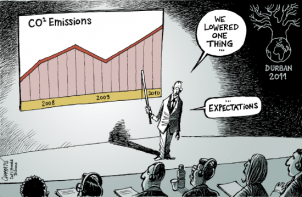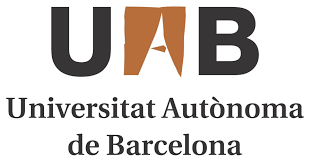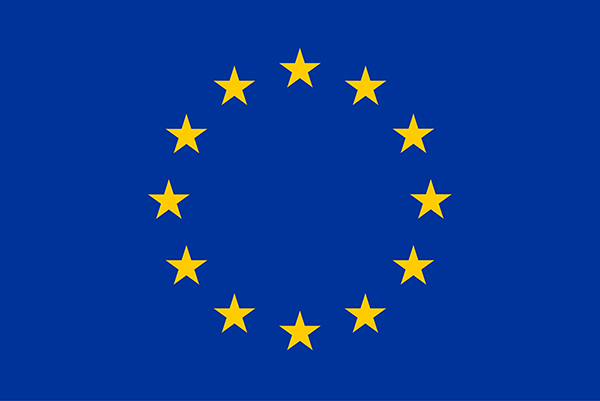
At EJOLT we study and map cases of environmental injustice in a range of themes but the overall purpose is the same everywhere: showing that the case is part of a global chain of actions and reactions. Local solutions are often needed for addressing local problems, but on a deeper level, it is clear that we need new global tools to halt the processes that lead to environmental injustices popping up in the first place. In that context, and seeing what has happened over the last month or two, one can only conclude that things are going from bad to worse. Let’s start with the outcome of COP17 in Durban, South Africa. Here, the theme was climate change, one of the main drivers of many injustices throughout the world.
Dirty Durban Deal
Carbon dioxide concentration in the atmosphere is increasing 2 ppm per year and will reach 450 ppm in 25 years from now. It was 300 ppm when Svante Arrhenius wrote on the greenhouse effect in 1896. From the perspective of diplomats and politicians, coming home from Durban with the outlook for a deal between 194 nations on something that binds them all, legally, passes the test of being an ‘historic achievement’. But what is more relevant to all of us: this ‘success’ means that they have in effect agreed to fix the world on a path to at least 3,5 degree Celsius warming, probably more. Scientists simply concluded that the Dirty Durban Deal equals to Catastrophic Climate Change. Take a closer look. Durban was supposed to deliver three things: a) a second commitment period for the weak and woefully insufficient Kyoto Protocol, b) a clear outlook on an imminent and legally binding emission reductions deal for all nations and c) a fund that actually also has money in it to pay for the rich countries’ ecological debt and help poor countries partly cope with the damage that mainly the rich countries made (70% of all anthropogenic carbon emission today in the air come from the industrial countries). The result? First, there’s nothing substantial on paper on Kyoto, just another vague political accord while three countries step out of the already weak Kyoto agreement: Canada, Russia and Japan. The United States was already out of Kyoto. This leaves the EU, who emits 10 to 15% of all global emissions, as the last rich partner committing itself to legally binding but insufficient greenhouse gas emission cuts.
This ‘legally binding deal’ is framed in a way that it actually isn’t legally binding at all. Just legal, whatever that means. It comes way too late and says nothing on the scale of cuts. In line with what Naomi Klein recently put forward, the constitutional right to freedom of a US citizen (and his lifestyle) is still considered more important than letting the whole of Africa starve to death, or making the Southern coastline of the US inhabitable. Finally, there were no new bright idea’s to fill the fund needed to help poor countries adapt. Unless one defines the extension of tricks to channel money from a failed carbon market to an empty box ‘a bright new idea’. Carbon market prices already crashed from 30 euro/ton to 7 euro/ton. Most people agree that a minimum price of 50 euro/ton is needed as an incentive for change. Climate Justice Now summarized it all in the title of its press release: the only thing Durban did was to establish Climate Apartheid on a global scale. EJOLT partner Center for Civil Society (CCS), based in Durban, fought a momentous battle to deliver a wake-up call to those making the dirty Durban deal. Patrick Bond wrapped it all up in a marvelous article looking back at the stench of failure coming from his hometown Durban.
The Rio+20 smokescreen
More below the radar, last month also saw the quiet burial of yet another opportunity for multilateral environmental problem solving: the Rio+20 event. Sure, this once-in-a-decade conference still has to take place, from 20 to 22 June 2012. And yes, many negotiations will be done between now and then. But as this always goes in multilateral negotiations on saving our environment: you start from a Zero Draft and then water it down until everybody is happy enough to sign it. The point is that the Zero Draft for the Rio+20 conference, which has just been made public, is now already empty of anything really new, ambitious or capable of bringing us away from the destructive path we’re already in. Leida Rijnhout, executive director of ANPED and partner in EJOLT:
‘It will be extremely difficult to lift this document to a higher level, as ‘a negotiating process’ usually means that the first proposed text is watered down. It is a totally missed opportunity from UNDESA to start with an already weak text.’ Joan Martinez Alier from the Autonomous University of Barcelona is equally unimpressed by the current debates: ‘In 1992, the Rio conference was on sustainable development. Now it is on green economy. Are we going to need another conference in 2032 on sustainable economy and one in 2052 on green development before they finally come up with some new public relations stunt?’
Seeing how so few new proposals from the 6000pages of input made it to the 18 page Zero Draft Leida Rijnhout even wonders if world leaders will attend the Rio+20 conference, knowing that nothing inspiring will come from there. Her article ‘Zero Draft – Zero ambitions’ comes to a similar conclusion as Patrick’s conclusion on the Durban deal. International agreements to tackle the causes of our common problems are currently being downgraded to zombies or smokescreens. ANPED, as the organizing partner for NGOs attending the Rio+20 conference, will facilitate the NGO debates and NGOs seem set to debunk the myths of green growth. They will ask time and again to bring issues such as resource caps and sufficiency into the deal. But as it already becomes clear from the process of ‘filtering’ the civil society input to the zero draft, it looks likely that the EJOs will be talking to the deaf in the United Nation. Therefore, the fight for environmental justice will also be have to fight for from the fields and the streets, through non-violent direct actions or through the courts, as the case of Chevron in Ecuador shows.
Most of all: we will have to show the way forward by making our own global agreement. EJOLT will be very active in the People’s Summit, a parallel and much more democratic process that looks for real solutions to real problems. Apart from ANPED, the World Rainforest Movement is already mobilizing civil society to attend the People’s Summit and so will CDCA, OCMAL and Acción Ecológica, ERA, the ICTA UAB and FIOCRUZ, and other partners. In the end, as more join our process, we might be able to isolate and de-legitimize the smokescreen that the official Rio+20 conference is building up. In the long run, our hopes are that our deal, the people’s summit deal, will become the real plan, the plan that will tackle the root causes of the many injustices that we face today.





Helpful information. Fortunate me I discovered your website by chance,
and I am stunned why this twist of fate did not happened earlier!
I bookmarked it.